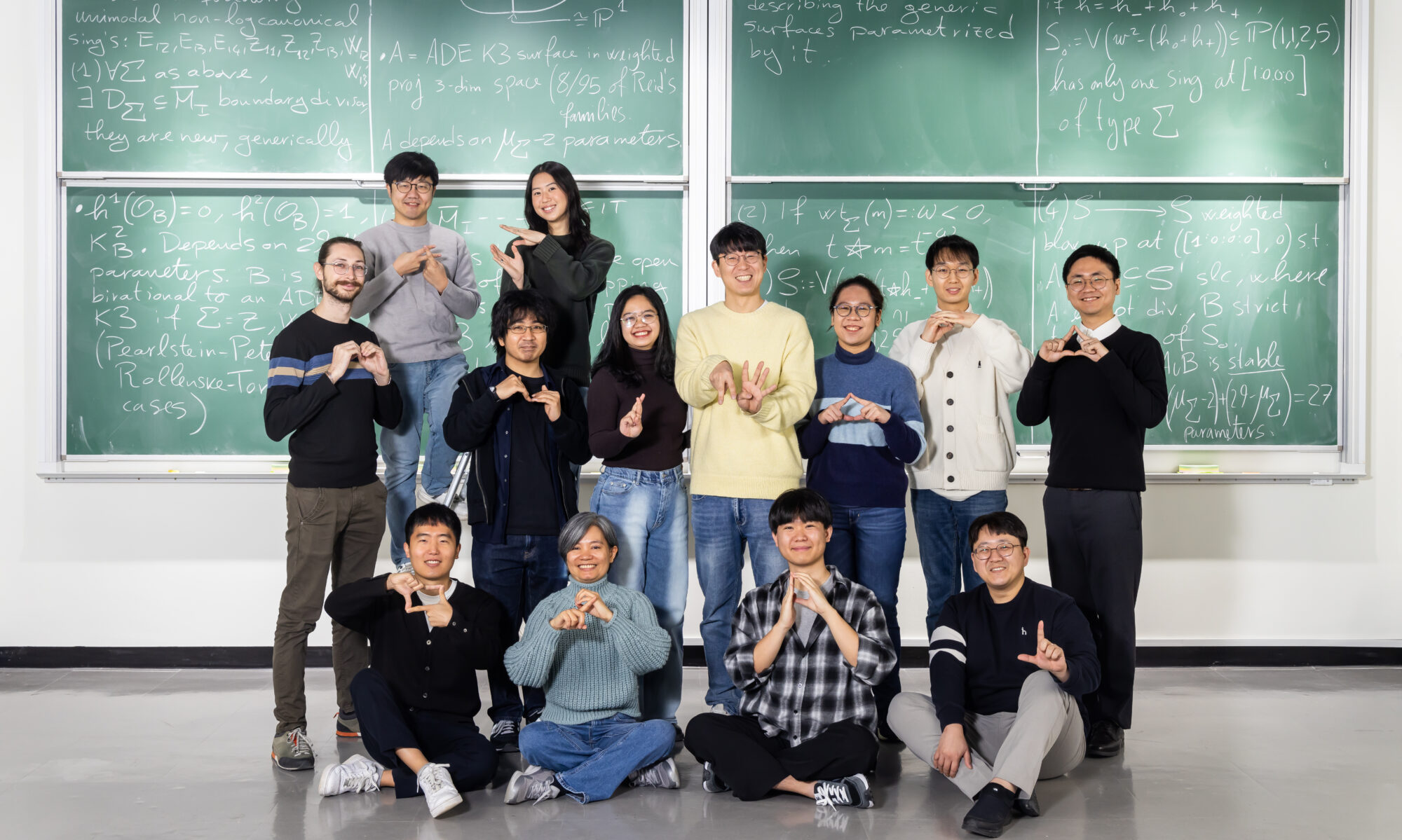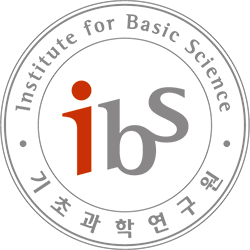
Abstract: We will present a new approach to develop a data-driven, learning-based framework for predicting outcomes of biophysical systems and for discovering hidden mechanisms and pathways from noisy data. We will introduce a deep learning approach based on neural networks (NNs) and on generative adversarial networks (GANs). Unlike other approaches that rely on big data, …


